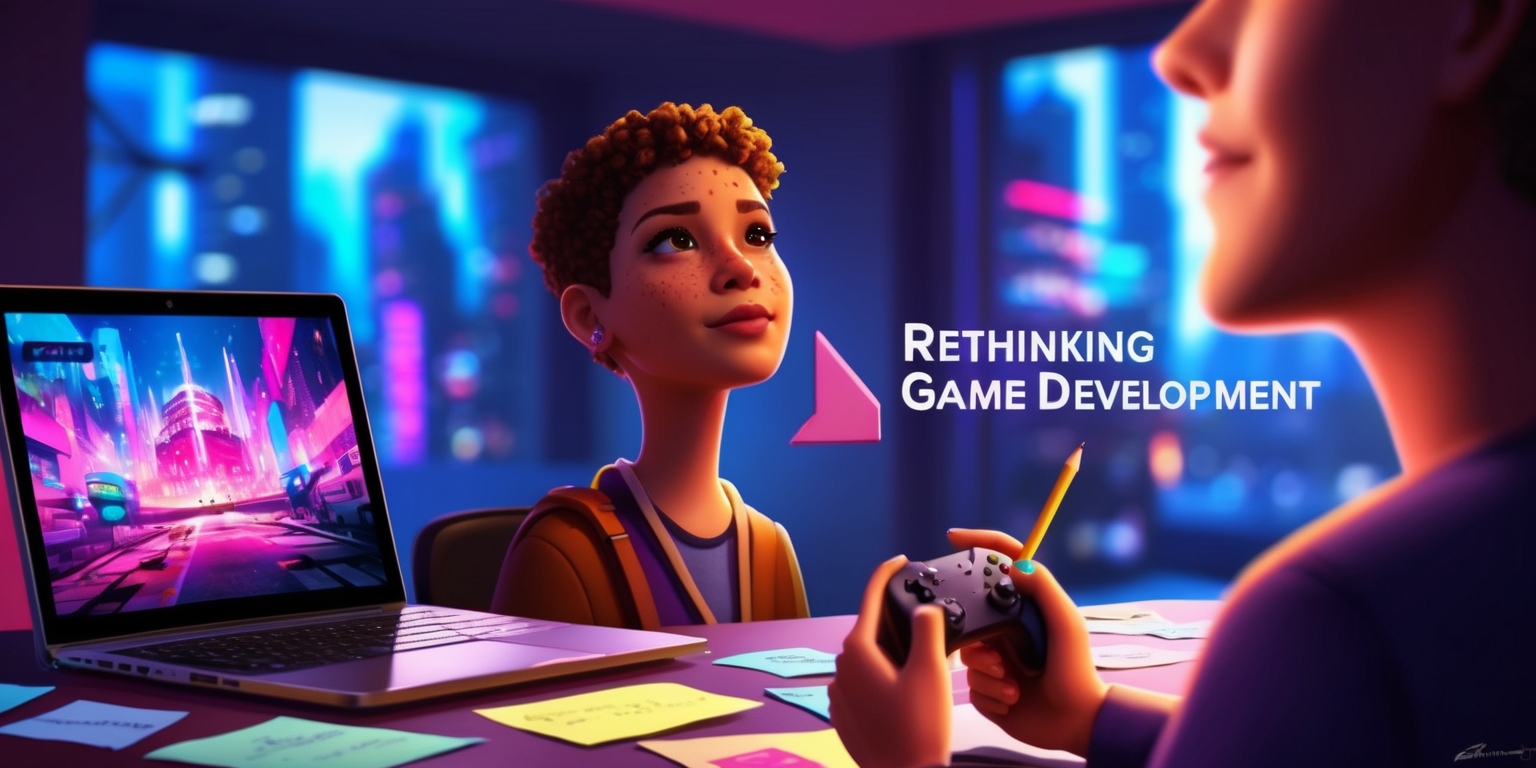Balancing Creativity and Trends: Rethinking Game Development for Modern Audiences
- 05 May 2025

This piece explores a contemporary debate in game development that questions the value of designing games specifically for a currently trending segment of players. It discusses the implications of targeting a modern audience and the pitfalls of embracing political ideals during game creation.
The leader of CI Games recently expressed his concerns about focusing on modern players, describing the pursuit as a misguided approach that may damage the wider industry. He emphasized that such a focus is self-defeating and pointed to solid Empirical data to substantiate his claim.
As a result, the creators of the well-known title have purposely avoided infusing their projects with any political messages. In a recent online statement, the CEO maintained that the idea of a modern audience has been overhyped and warned that tailoring games specifically for them could lead the industry down a problematic path.
He further highlighted that advisory firms concentrating on Efforts aimed at fostering diverse perspectives, equitable practices, and an inclusive environment can sometimes hinder rather than support game development. His observation implies that these consultants, despite their noble intentions, might inadvertently compromise the creative process.
Additionally, during the launch of their title, there were concerns that critics associated with diversity and inclusion measures might target the game because it followed a more conventional development strategy. Ultimately, the CEO argued that a game with strong creative merit and quality will perform well regardless of whether it embraces political themes or not.
Key Points:
- The focus on a modern audience is seen as a miscalculation with potentially negative industry impacts.
- The studio has consciously chosen to avoid political messaging in its game design.
- Reliance on data supports the claim that targeting this audience may be counterproductive.
- Consulting firms focused on diversity and inclusion might unintentionally harm the creative process.
- A creative and well-crafted game is believed to succeed independently of political content.
Do you agree with this perspective?


